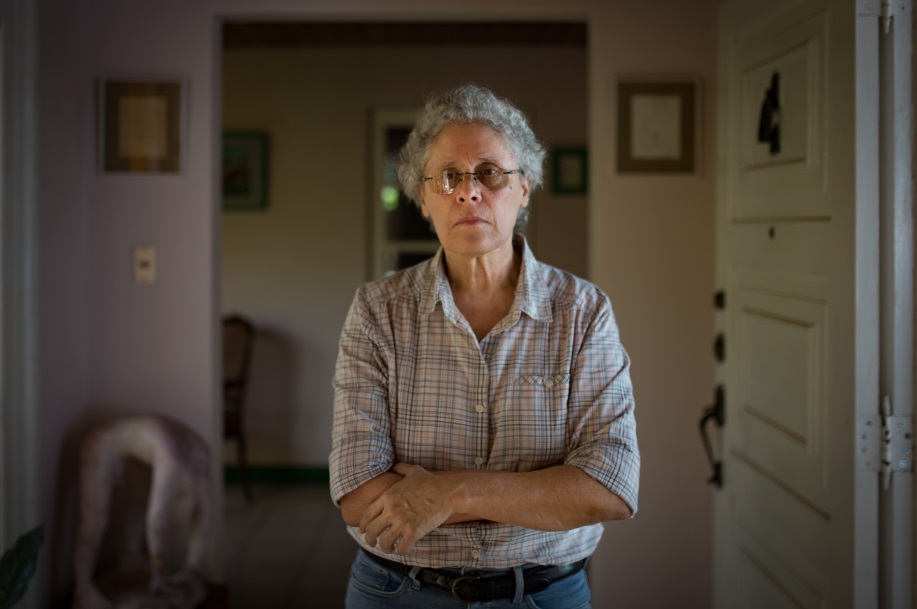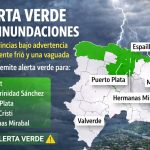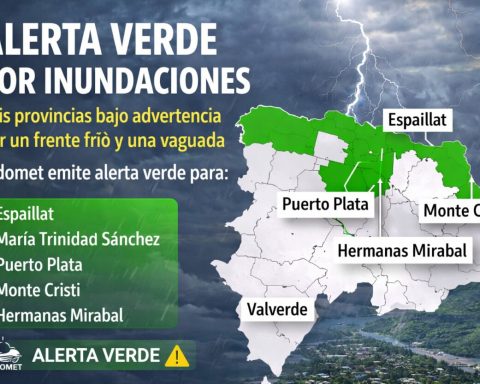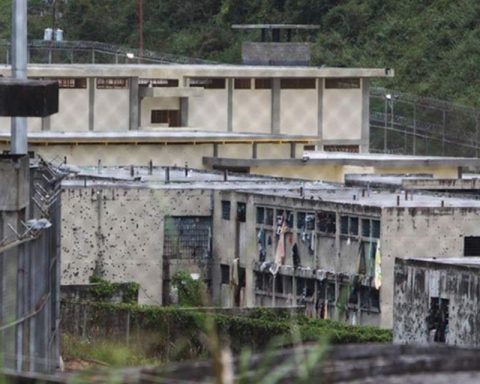Marie Laure Geoffray, Professor of Political Science at the University of the New Sorbonne, does not know the guerrilla commander Dora María Téllez in person, but she has read about her and the Sandinista Revolution. The political and social trajectory of the Nicaraguan historian “impressed” the French professor so much that she nominated her for a doctorate honorary cause of the Parisian house of studies, which was unanimously granted.
Telléz served a year on June 13 in a solitary confinement cell at the El Chipote prison. The political prisoner of the regime of Daniel Ortega and Rosario Murillo was unfairly sentenced to eight years in prison for alleged “conspiracy”.
In an interview with the Esta Noche program, Geoffray explained that for the nomination he was looking for “a personality who could be a symbol of what is happening in Nicaragua” and “Dora María seemed to me the best personality to do that, for her entire career — which is impressive—for the fact that she has always defended social rights and social justice, along with civil and political rights.”
In a statement about the granting of the honorary cause to Téllez, the French university stated that “it wants to pay tribute to his exceptional political and scientific career, and his contribution to international social commitment”.
How did you learn about Dora María Téllez and her career as a historian and as a former guerrilla commander?
I am a professor of Political Science, and specialized in Latin America, and my favorite subject is Cuba, and I have worked a lot on revolutions and authoritarian governments in Latin America. I was interested in making a comparison between Cuba, Nicaragua and Venezuela, and that’s why I came to Managua in 2013, and I wanted to see Dora María, I couldn’t see her at that time because she was out of it. But, I met other people from the MRS, like Hugo Torres (RIP), María López Vigil. At that time, I became very interested in the history of Nicaragua, especially the role played by Sandinista women, because it was something quite special that was not seen as much in Cuba.
Usually, what type of profile or what requirements do the people nominated to receive a doctorate meet? honorary cause of this university?
Well-known or lesser-known personalities are sought, but it would be good for people to know more. Personalities are sought in the world of the arts, politics, and science. Dora María Téllez was, at the same time, a very famous personality in a certain hemisphere of the world, and little known in Europe, especially in France. She met these requirements of being a very important personality in different fields, because she is a historian, she has been a very important social fighter, and has played an impressive political role, for a woman of her generation. In addition, there is a whole fight for women to also receive this type of distinction, because before they were more like men, and it seemed essential to me to promote a woman.
You argued why it had to be her. In your opinion, why does she deserve this recognition, which was finally granted to Dora María and unanimously?
I know that there is a lot of talk about the Cuban situation, Venezuela and Nicaragua, and that is why I looked for a personality who could be a symbol of what is happening in Nicaragua. Dora María seemed to me the best personality to do that, due to her entire career —which is impressive—, due to the fact that she has always defended social rights and social justice, at the same time as civil and political rights; many times they forget one or forget the other, and she has always defended both sides. I also wanted to nominate someone who is in a very complicated situation like her, who is suffering from a horrible situation in prison.
“She has been a fighter”
When such nominations are made, evidence or documents must be attached. What is the process to nominate?
Documents no, but there is a form to fill out and several questions to answer about why that personality, what they have done, what successes they have had in their life, outstanding parts of their career, and why it is important to nominate that person , for the institution, in this case the New Sorbonne, what does that person have to do with the institution. I argued that she (Dora María), in addition to having been a fighter, a politician, a minister, was also a renowned historian in her country and in her region, and for all these reasons, she spoke what we do from the social sciences.
Did you finally get to meet Dora Maria in person at some point? Was she aware of the active role that she played, and that she plays, at this stage in Nicaragua where she fights for change and for democracy?
I never met her in person, but we have mutual friends, even one of the people who helped me contact her brother (Óscar Téllez), is a friend of a friend. We have people like that, friends, colleagues, people related to all these struggles that we have in common. I very much hope to meet her in the flesh, when she can collect her distinction in Paris.
What is your opinion of this new role that Dora María has had to play, after her enormous career and the great role she also played in a historic moment for Nicaragua, such as the revolution?
She can show that the Sandinista Revolution had an echo, at the time, for good reasons and not just for bad reasons, which is what I think people have in mind at this moment. In the end, Daniel Ortega is like a heretic of a poorly executed revolution. She can show that at that time there were struggles that were worthwhile, and that today those struggles must be resumed, but thinking more about democracy, civil and political rights, and not just about social justice. Although today Nicaragua needs a lot of social justice, and I believe that Dora María can play that role, and she can play it very well, because she has a historical legitimacy, a legitimacy as a woman, as someone who never renounced her ideals.
The “cowardice” of Ortega
What was your reaction when you found out that Dora María was imprisoned for political reasons?
I was very sad, I thought of Dora María and other people who are imprisoned near her, like Suyen Barahona. I thought: ‘what a coward that Daniel Ortega, to have to put all those people in jail, because he doesn’t have the balls —sorry, but I have to say it like that— to debate with those people and go to the polls and see what happens ‘. So, very sad and very, very angry too.
Dora María found out that she has been awarded this doctorate honorary cause, and she told her brother: “it is an honor, very high”. What impact can the awarding of this doctorate to Dora María have, in academia, in France, in Europe, on the situation of political prisoners in Nicaragua?
The objective was to spread more information about the situation of political prisoners, and about Dora María in France, in Europe. I think that this has worked, many people are writing to me and saying that they have seen the news, and so I hope that it spreads more, and that it can have weight when it comes to negotiating and trying to obtain the freedom of all those people. From my point of view, it is something very symbolic, it is a small drop of what can be done, there is little that can be done, but yes, we had to do this. I am very happy and proud that my institution has unanimously decided to grant him this distinction.

















